What went wrong with Android tablets?
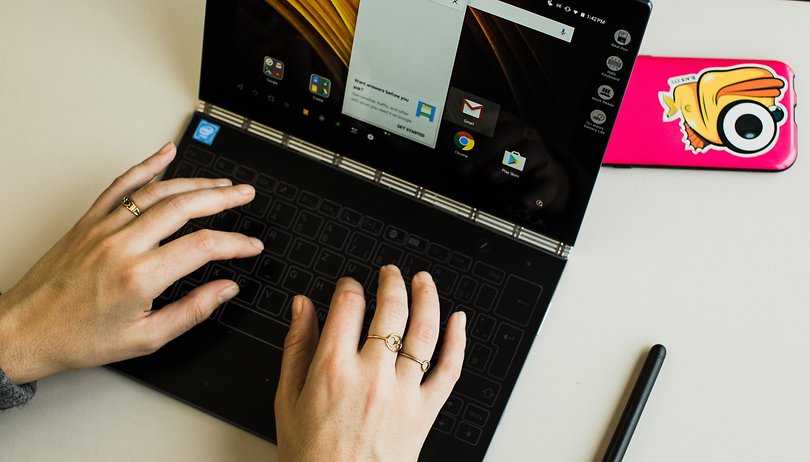

Tablets are preceded by a checkered history: when Steve Jobs pulled the iPad out of his jacket pocket, the world lay at his feet. With the iPhone and the iPad, he ushered in the age of the mobile internet within just a few years. Tablets were quickly considered the next big thing, with Google also wanted to secure a large market share. But after the hype came the hangover: what's the deal with these clunky slabs?
As smartphone displays grew larger, the value of tablets decreased. For browsing, most websites come with a mobile version, so the need for a larger viewing panel to accommodate desktop versions has decreased. Gaming is sometimes an important topic, but here too, smartphones have caught up. And the so-called productive work with documents, pictures or whatever? This has never been a pet project of tablets.
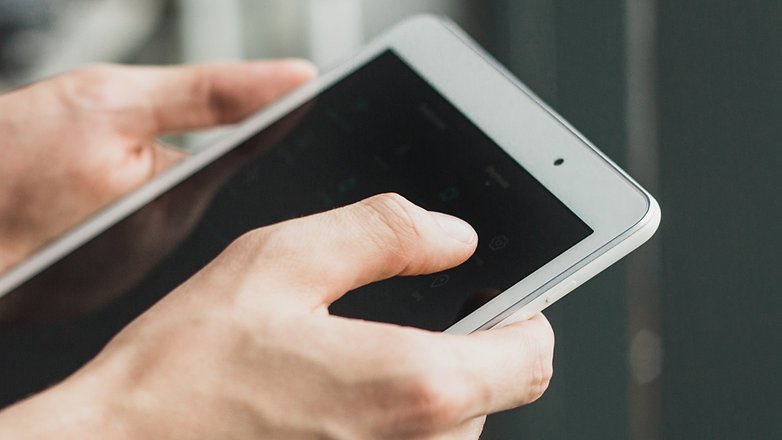
Where are the great new releases?
The start of 2017 looked very gloomy: there are really no new Android tablets to actually recommend. Hardly any newcomer from 2016 could be considered exciting. Whether Samsung or Sony, NVIDIA or Google – the hardware offers are usually outdated or expensive; the not-so-old Pixel C was far too expensive for a simple tablet. There are of course many low-priced, not to say cheap, tablets to buy. Poor displays and laggy processors are poisons for most conceivable uses for a tablet. Currently, the hopes of a high-end tablet are probably on the shoulders of Samsung and its Galaxy Tab S3.
- Here's everything you need to know about Samsung's Galaxy Tab S3
Real innovations have become rare on Android tablets. An exception to this could be the Lenovo Yoga Book with its notebook charm. But really – at least with me – the Yoga Book doesn't provoke enthusiasm, I'm skeptical with regards to the processor. Above all, I no longer trust in Android tablets, even though Lenovo has made quite a few adjustments to the user interface.
Google has let its support for the Android tablet slide: the most it has done is bring split-screen view with Nougat. Apart from that, little has happened in the past few years. App developers also seem to be strangely idle: which apps really make use of the tablet display's potential? Hardly any. No wonder Android tablets currently face an uphill battle.
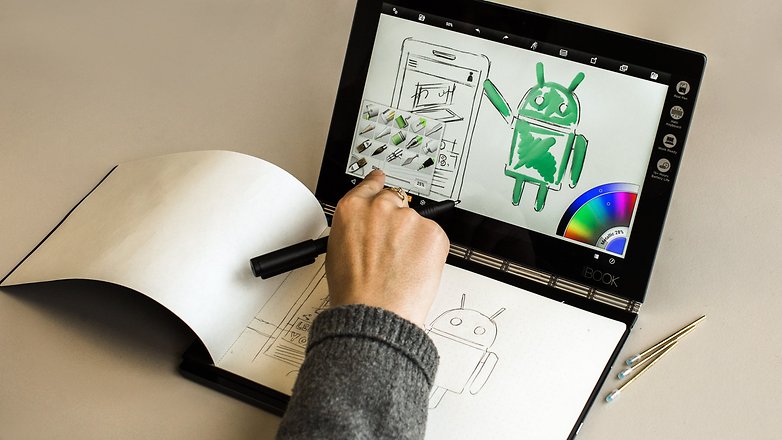
Tablets vs. 2-in-1
But is the market segment for tablets actually as dead as some commentators imply? In a somewhat broader sense, the opposite is likely increasingly true: between notebooks and tablets, the 2-in-1's have expanded. Many manufacturers now offer such devices – and most of them run Windows 10.
And there are a few reasons for this device class to be a better choice: when flattened out, they're great for looking at content or watching movies on a big screen. Folded, they can be used as competent working stations, great for typing. They combine all the advantages of a notebook and a tablet and avoid their respective weaknesses: tablets are quite large and cumbersome and hardly offer anything more than a typical smartphone does. If you want to write on the go, edit photos or spreadsheets, you will quickly reach the limits of a tablet.
In respects to software, Windows 10 2-in-1's bypass Android apps that are unfit for tablets. Sure, Windows 10 is exactly the ideal solution when it comes to tablet suitability. But classic software can be used the same way as modern universal apps. There's also the Yoga Book with Windows, which is probably the better choice. While Microsoft has gone slack when it comes to smartphones, Google has gotten bogged down on the tablet topic.
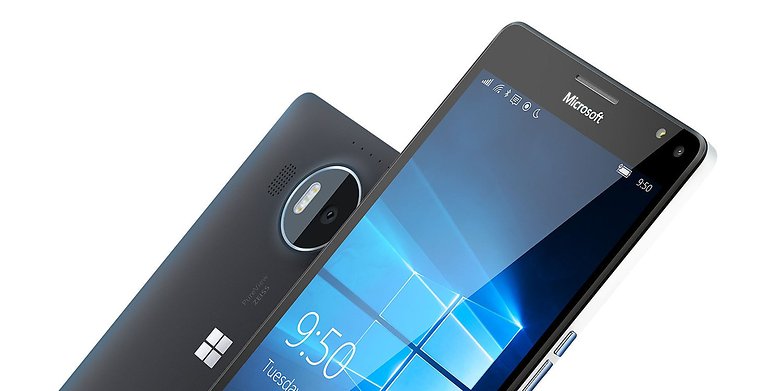
Google is apparently finished with Android for tablets. In a blog post, the company primarily talks about Chromebooks with Chrome OS, but also presents some convertibles and tablets with the system. Chrome OS was recently expanded to include touchscreen capabilities and Android app support. According to Google, Adobe has even optimized some creative cloud apps for Chromebooks! Mind you: Google calls them Chromebooks, not Android tablets (although the apps are likely to be optimized for tablets).
Chrome OS could start the year with excitement: the platform has a minor problem with updates and will be able to run Android apps in the future. Additionally, the user interface is designed for the larger area of the display. And, as a price-attractive alternative to full-fledged notebooks, a Chromebook convertible could be exciting.
Are you excited about tablets of 2017? Or are you finished with this chapter in technology? Let me know in the comments!






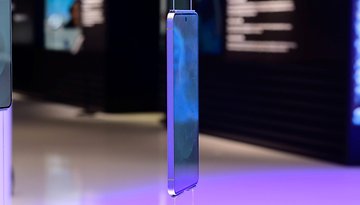
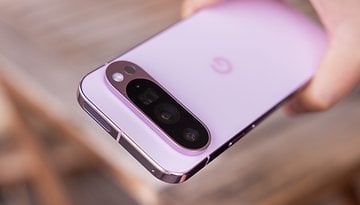


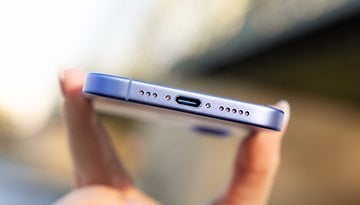
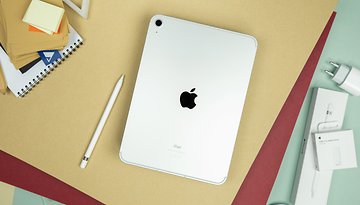


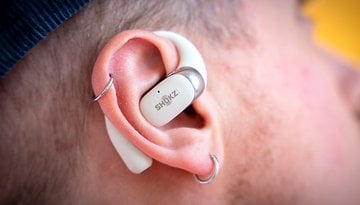
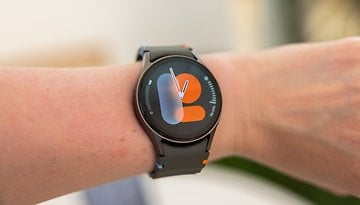
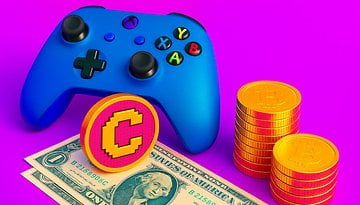
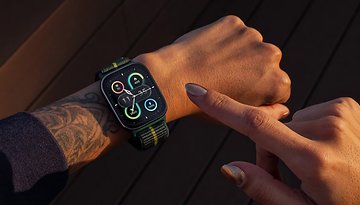


I have a 10 "Samsung tablet that I am very pleased with: the screen is great, the battery is a lot and I can read the information very conveniently on the big screen, I use it for browsing the internet, watching documentary films, reading books and other documents. games are just for fun.Unfortunately, Android is not able to value the true value of these high-diagonal devices and is not productivity-oriented.Therefore, the new 2-in-1 devices are more useful, with Windows 10 installed comfortable to use.
As a senior I just love my TAB S2. Also we each have laptops and find we are using them less because of the convenience of our tablets. Now on our third ones. Mobile phones have no interest for us as we are not interested in using them for internet. Too small and too hard to read at our age. Pathetic how younger ones cannot contain themselves from using them while out. TABLETS FOREVER FOR US THANK YOU. Stop just catering for young ones and think about seniors as well because the majority of us want tablets, not phones. ???
I carry a Galaxy S7 Edge and Asus Zen Pad Z8 as part of my daily carry. The tablet lives on a CD-slot mounted carrier on my dash on a charger all day. There it serves the dual purposes of GPS/Google Maps and as second screen for my smartphone. Most of the software I use is loaded and synced on both. I use the tablet for accessing information I need to stay displayed - for example I use Evernote for information like part number lists that I reference for what I'm doing on my phone. Tablets are just better at displaying stored info with less need for pinch and zoom. It's a lot easier than switching between two apps on my phone. As such the tablet plays an important role throughout my day and I generally prefer it for web surfing over my phone during downtime. When it comes to picking a device up and getting something done fast however - the phone wins every time. It just seems like nobody makes a high-end Android tablet that can keep up with in my case an Edge 7 or a Pixel or similar class phone. One can't just pull a tablet out of a pocket and begin using it - they're carried differently and are often in a case with a cover over the screen. Then there's the bigger on-screen keyboard and typically a screen that just doesn't accept input as quickly as a top-end phone. So...if you can define a setting where the tablet plays a useful support role to your phone than I still think they can be very useful. As a single do-all device not so much. Last but not least, every tablet I buy now has to have LTE. I was spoiled by my Nexus 7 with LTE. When I bought it's replacement there was no way I was going to go back to tethering a tablet to another device. That alone rules out most of the tablets on the market.
The age of tablets arrived with Steve Jobs' ingenuity and ended with the rise of phablets. In fact, whoever got the idea that tablets could be killed by increasing screen sizes of mobile phones could be considered as much of a genius as Steve Jobs. In fact, the issue boils down to portability. Portable for most people would mean something which you can keep in your pocket and which you can use with one hand while strolling on the sidewalk. You can't do that with a tablet. You can, with a phablet.
I don't understand what's so great with 2-in-1's. They are slow and cumbersome. The Windows 10 touchscreen interface is clumsy. If one needs a screen to fiddle with, take notes, send messages and emails, and browse the Internet, a phablet does the job nicely. If one needs to do serious typing work, a laptop is needed. Or maybe an iPad coupled with a keyboard is better.
I just bought a new 7" Android M tablet in December, replacing a very good J model. Around the house, the 5" phone sits idle on a shelf - waiting for SMS or calls or casual photography, or to go out the door - and the tablet is the go-to for reading ebooks, Zinio magazines, news apps, light internet browsing, image viewing, Chromecasting, checking weather or traffic, etc. I have far more apps on the tablet than the phone, and will use it for Skype calls in preference to the phone. I can see why the larger "phablet" phones have changed user preferences, but personally don't want to carry a big paddle when out and about.
I build my PC''s for years myself and always used Asus hardware wich is fine and reliable.
So at the point I wanted a tablet of course I choose Asus, in my case Zenpad 10.
One word: HORRIBLE !!
I paid like 290 Euro for tablet with Audio Dock keyboard for wich I got a very Slowwww tabled, as full as can be with bloatware and stopped updating at lollipop. Not even Marshmallow. Mailing to Asus questioning if any update in sight for MM gives no answer.
No tablet for me ever again from wich brand whatsoever.
WHEN I USED THE FIRST IPAD THAT CAME TO MARKET, I KNEW A TABLET WASN'T FOR ME. IT'S JUST A BIGGER SCREEN. I'VE HAD QUITE A FEW SMARTPHONES AND A COUPLE OF LAPTOPS, BUT I'VE NEVER BOUGHT A TABLET AND NEVER WILL.
There was a race to the bottom in Android tablets. But that wasn't automatically bad. It opened up Android to a large market that wouldn't have had access otherwise. Yes, lots of iffy quality and no support happened.
But look at the NVidia Shield. It's surprisingly inexpensive and remained competitive for more than a year after its introduction. It's still pretty powerful and gets regular updates as well as a vigorous direct developer community.
My biggest peeve in the tablet world is the Apple mimicry of 4x3 dimensions. It's just wrong for all the reasons Jobs said it was right. It's the size of a magazine or regular piece of paper. Except that is for a closed magazine. On the pages of a magazine the text is arranged in columns which plays much better in a 16x9 format. Same for a physical book, an individual page is more 16x9ish than 4x3. As to the regular paper, Jobs decried anything with a stylus saying that was a sign of failure. So why would mimicking regular paper be desirable if I'm not going to interact with it like paper? For content, media and more, the 16x9 display is the standard for generation of content, playing games, watching movies or video anymore and so on. let 4x3 finally die. I'm looking at you Samsung.
if i m discomfort holding these big devices or using these tablets thn it is better to be with the discomfort of having laptops or notebooks bcos laptops or notebook can do better job thn tablets
Tablets (not only Android ones) are not as needed as PCs, laptops and convertibles or phones.
And as they are used mostly for multimedia, and not for gaming, their live is long, as kodi can work on them they are ok.
Also they are expensive, (for what they are, if a 5" Zuk z2 cost around $200, with the best Android SoC why there are no around $250 10" tablets with that same board?) battery live is short (3 hours watching video is normal), and there are not alternative ROMs or OSs (Sailfish, Ubuntu Phone).
But if anybody makes one affordable, with great battery (8 hours), as external bluetooth device for your phone and being able to recharge your phone, and it is sold with a keyboard and an affordable price now that phones come with 4Gb of RAM and more, plus 64bit SoCs, plus GNU/Linux can work in chroot, so you can use Libre Office and desktop Chrome/ium / Firefox plus some emulators I think this kind of "dumb" tablet will have more sells than the actual ones.
As it would be more useful and needed, cheaper than a chromebook, and with better hardware (your phone), and lighter and also good as phone charger, and with physical keyboard (a portable one less heavy than laptops ones) etc.
But it seems nobody thinks that way.
I still use my Nexus 7 tablet pretty regularly, but my need for an android tablet was stymied when I bought a Surface Pro 3 which has all the advantages of being a PC AND being a tablet. Microsoft played a blinder with the Surface
Nothing is wrong, they just haven't gotten the focus that phones have.
I own a Samsung Galaxy Tab Pro 8.4 and an iPad Mini.
But as phones got larger, the need for a tablet reduced.
I don't think anything is wrong with tablets. I think they always have their place. The problem they have is phones have gotten so large that most people do not need the extra item. For keeping the kids entertained in the car on trips, nothing beats them. I am personally waiting for the Surface Pro 5, I used my brother in-law's Pro 4 really liked it.
So a phone isn't as easy to type on, yeah I know there's swipe but the screen is small. A 10 inch screen is also easier on the eyes. As for a convertible or 2-in-1, they're too heavy and sometimes just a bit too big to hold comfortably for a long time. Which is why a 10 inch tablet is my preference.
Do you find typing on tablets easy? For some, typing difficulty due to the lack of a physical keyboard is what keeps them from buying a tablet. I prefer using a lightweight laptop or a phone instead.
I've forgotten about Android tablets ever since the average Android phone has become 5+". I've watched Android struggle on hardware ( tablets, smartphones, home IoT, etc...) outside of the smartphone and I believe the issue is Google's inconsistent support of software for these devices which leads to app developers not pushing the use cases for the hardware. I'm concerned about google's ability to build a truly versatile ecosystem if they cannot gain traction on hardware outside of smartphones...
"I'm concerned about google's ability top build a truly versatile ecosystem if they cannot gain traction on hardware outside of smartphones..." -- This is a great point! Thanks for the comment.